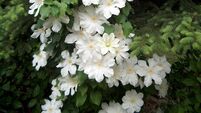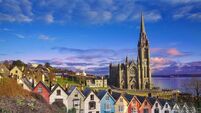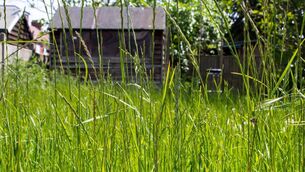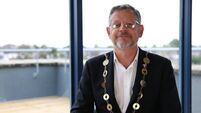Hoeys are showing the way
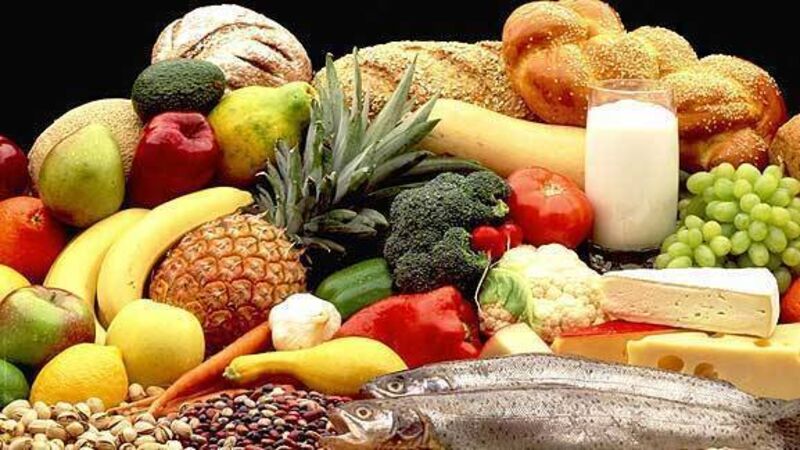
Currently standing at seven billion people, the world’s population is growing by just over 1%, or 75 million people, each year.
A stiff challenge is also being posed to Irish food producers, some of whom have been working on environmentally-friendly practices for some years.







